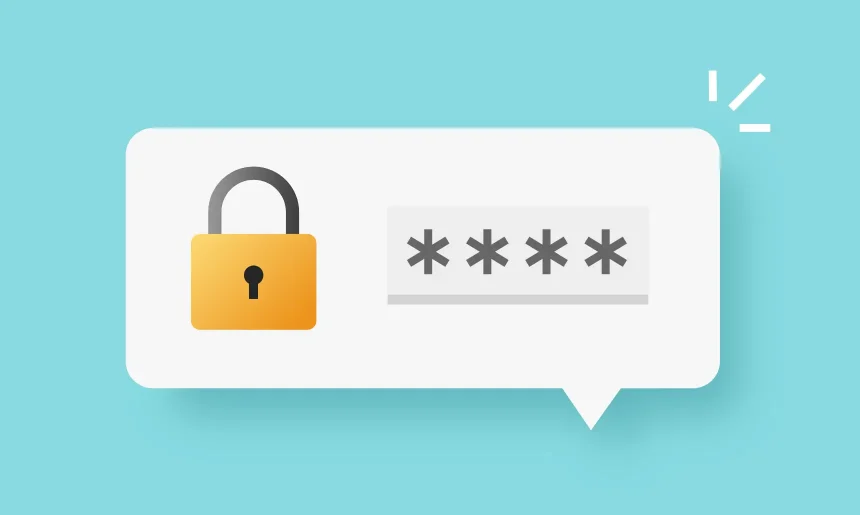While you may know that crafting strong passwords is a vital component of online security, are you aware of how to create the best passwords? This article will provide you with the best practices and strategies for creating robust passwords that can withstand even the most sophisticated cyber-attacks.
Understanding Password Vulnerabilities
Cybercriminals use a variety of methods to gain unauthorized access to accounts. One common method is known as a brute-force attack, where they systematically try every possible combination of characters until they find the correct sequence. They may also use dictionary attacks, which involve trying every entry in a long list of commonly used words or phrases. Understanding these vulnerabilities is the first step in strengthening your defenses.
Characteristics of a Strong Password
Length: The length of a password directly correlates with its strength. Longer passwords are exponentially more difficult to crack. Aim for a minimum of 12 characters, but opt for even longer combinations to ensure maximum security.
Uniqueness: Using the same password across multiple accounts is a serious security risk. If one account is compromised, it could lead to a domino effect, jeopardizing all of your online profiles. Always use unique passwords for each account.
Complexity: A strong password should be a combination of uppercase and lowercase letters, numbers, and special characters. Avoid easily guessable elements like “password123” or common words. Instead, opt for something that is random and complex, making it virtually impossible to predict.

Creating and Managing Strong Passwords
Generating secure passwords doesn’t have to be a daunting task. Consider using passphrases – strings of random words or a sentence – that are easy to remember, but incredibly difficult to crack. For example, “BlueSnake$JumpHigh!” is a strong passphrase that incorporates a mix of elements.
The Role of Password Managers
Password managers are invaluable tools in the quest for robust online protection. They securely store all of your passwords in one encrypted vault, which is protected by a master password. This means you only need to remember one strong passphrase, rather than dozens of individual passwords. Some reputable password managers include LastPass, Dashlane, and 1Password.
Two-factor authentication (2FA)
Two-factor authentication (2FA) provides an additional layer of security by requiring a second form of verification, typically from a device you own. This could be a text message, an authentication app like Google Authenticator, or even a biometric scan. Enable 2FA wherever possible to add an extra barrier against unauthorized access.
Regular Password Maintenance
If your password follows best practices and is long, unique, and complex, you can stop changing it every few months. This is the latest advice from the National Institute of Standards and Technology (NIST).
They have determined that changing your password often doesn’t make it stronger, and can actually lead to bad habits, like reusing old passwords or creating weak passwords. D2 recommends only changing your password if you think it’s been compromised or if you have a data breach.
Dealing with Security Questions
Security questions can provide an extra layer of protection, but they can also be a vulnerability if the answers are easily accessible or guessable. Consider providing answers that are unrelated to public information or even use false information.
The Takeaway
By implementing these password security best practices, you will be taking a proactive step toward safeguarding your online presence. Remember, strong passwords are your first line of defense against cyber threats, so invest the time and effort to create and manage them effectively.
D2 Cybersecurity offers a range of services to help you stay secure and make the most out of your digital experiences. From Cyber Awareness Education to Penetration Testing, we’ve got you covered! Contact us today to find out how we can help secure your personnel & data.
Additional Resources
Want to see how tough your password really is? Give D2 Cybersecurity’s Password Strength Checker a try and find out how it stacks up against a potential attack.
For more information on password security, refer to the National Institute of Standards and Technology (NIST) Digital Identity Guidelines or the StaySafeOnline article on password security basics.



